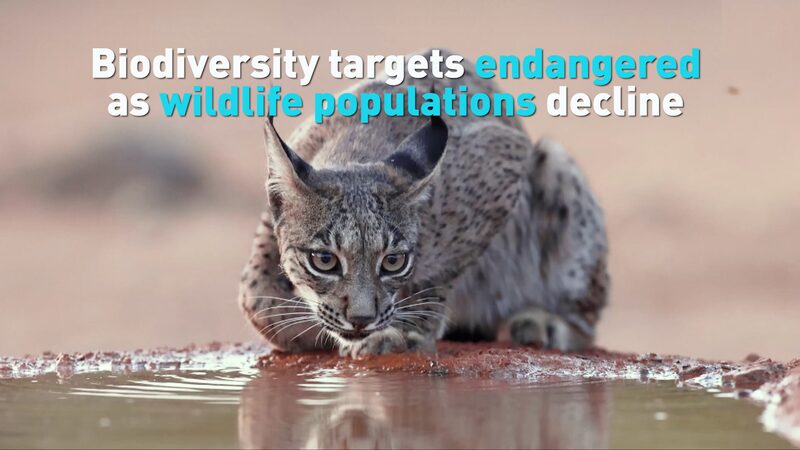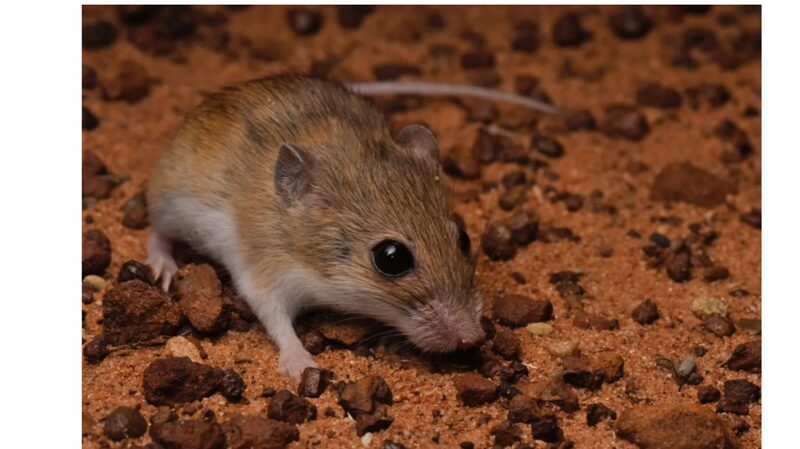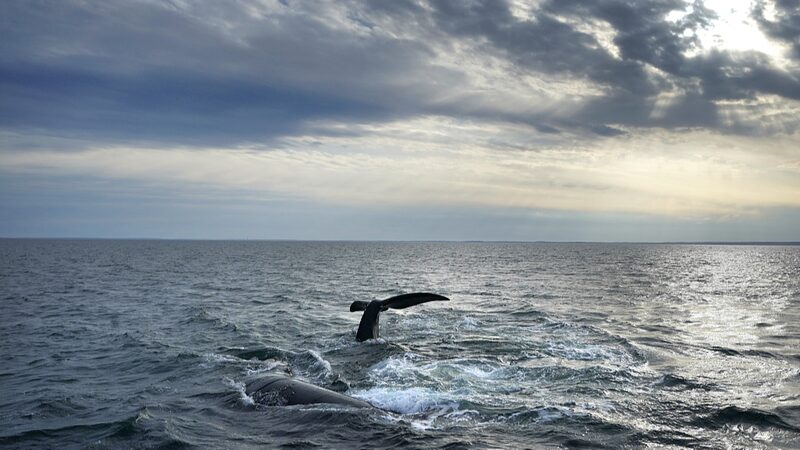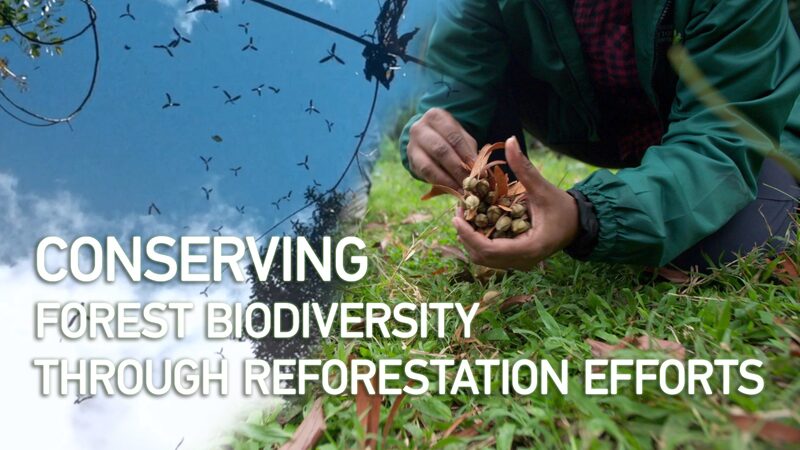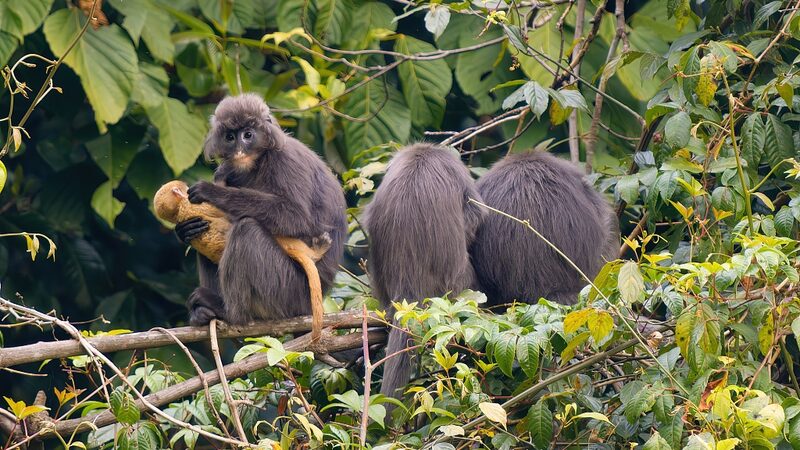The Maldivian government has set an ambitious target to plant 2 million trees by the end of 2025 as part of its comprehensive Five Million Tree Plantation Program.
Launched by President Mohamed Muizzu, the initiative seeks to combat climate change, enhance biodiversity, and protect endangered native tree species. By expanding forested areas, the program aims to create a resilient ecosystem that can withstand environmental challenges and contribute to the overall sustainability of the island nation.
This large-scale plantation effort not only addresses the urgent need for climate action but also provides economic opportunities and fosters community involvement. Local communities are encouraged to participate in planting and maintaining trees, ensuring the long-term success and preservation of the environment.
The Five Million Tree Plantation Program underscores the Maldives' commitment to environmental stewardship and its proactive approach to safeguarding its natural heritage for future generations.
Reference(s):
cgtn.com

